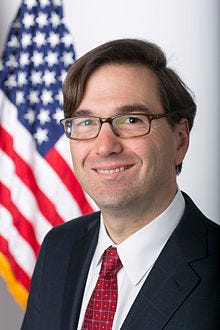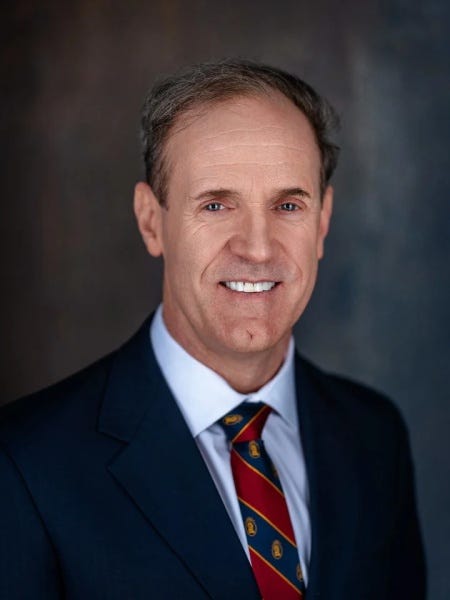You can pre-order your copy of Cato’s forthcoming book, The War on Prices, now.
“The United States and indeed most of the world is coming off a major bout of inflation. Fallacies have been multiplying in the media and from commentators. Ryan Bourne has edited a new volume – The War on Prices – that sets the record straight. Here is your go-to book on rising prices, price controls, and other government policies toward prices.” Tyler Cowen, Holbert L. Harris Chair of Economics at George Mason University and founder of Marginal Revolution.
“Prices make people angry. Most of the time we feel like we are paying too much for the goods or services we consume, or are being paid too little for the labor we sell. But prices are also a miracle, they make commerce possible and convey invaluable information. We mess with them at our peril. Ryan Bourne has edited a delightful collection of essays that stand up for what is perhaps the most hated, but most important of economic indicators--the market price.” Allison Schrager, senior fellow, Manhattan Institute and columnist, Bloomberg Opinion.
“The War on Prices is a fantastic book. It comprehensively makes the case that price controls do great harm, often to the people they are supposed to help. Particularly good are the chapters on rent controls, price controls on oil and natural gas, and so-called junk fees, which are really fees to solve problems that would exist without them. If the chapter on why we should have a free market in water were taken to heart, my fellow Californians and I would be much better off. Read this book and learn.” David R. Henderson, research fellow at the Hoover Institution and editor of The Concise Encyclopedia of Economics.
“It is not just actual prices that have risen unusually rapidly in recent years—muddled thinking about prices has grown exponentially. I do not agree with the conclusion of every chapter of this volume, but I agree with most of them. And all of them are grounded in the type of rigorous economics and empirics that are sadly missing in too much of the popular debate.” Jason Furman, former Chair of the Council of Economic Advisers and Aetna Professor of the Practice of Economic Policy, Harvard University.
“Bourne has assembled a cast of economists and policy experts who extend their reasoning beyond economic analysis to the lessons of history and what these things teach us about the folly of denying the truth about prices. The power of their arguments is complemented by these essays’ accessibility and judicious use of empirical information. This makes them as useful to the everyman as they are to policymakers.” Samuel Gregg, Friedrich Hayek Chair in Economics and Economic History at the American Institute for Economic Research.
“It would be wonderful if this much-needed book saved us from having to endure the catastrophe of politicians legislating away the price mechanism. That will require politicians, and those who participate in public debate, to read the book, understand the message, and have the courage to resist demands to implement regulations that interfere with the price mechanism, which we know from bitter experience cause so much damage.” Philip Booth, Director of Policy and Research, Catholic Bishops' Conference and Professor of Finance, Public Policy and Ethics at St. Mary’s University, Twickenham, London.
Again, if you want to pre-order the book, click here.









A book that addressed and refuted the best arguments for price controls would be valuable. From the blurbs, this is not that book.
For example, if it has been virtually impossible to build new residential space in, say, NYC for decades, would it be a good idea to allow property owners to collect all those scarcity rents? Of course, rent controls are bad, (so is the de facto cap on the price of CO2 emissions at zero) but might some form be less bad than no control at all?
Unfortunately for Libertarians, price changes have not only efficiency effects meaning that governments should generally leave them alone) but income distribution effects (meaning that governments may need to intervene). Arguments that simply ignore income distribution are not helpful.